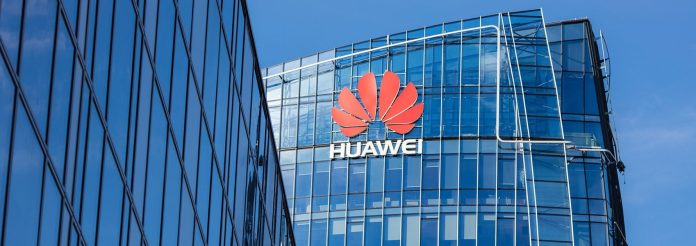Huawei has launched a digital platform for smart cities, claiming at the same time it is already working with 160 cities in over 40 countries on smart city solutions.
Huawei called it the first “full-stack digital platform”, bringing together cloud, connectivity, and device technologies. The platform is available as-a-service, with a range of components and capabilities available on subscription, including sensors and devices, data analytics, and converged communications.
The platform uses Huawei’s “self-developed” chips, algorithms, and architectural design, it said.
The company has also developed a middleware platform to provide services to software application providers, intended to speed the development and deployment process.
The company reckons the smart city market is at a new phase of maturity, having already worked to deploy IoT sensors and smart city applications, and to break down data silos in cities. Cities are at now seeking to improve their management capabilities through AI-enabled data mining, which can process information garnered from different city systems, it said.
Ma Yue, vice president of Huawei’s enterprise business group, said Huawei’s new platform connects a city’s “nervous system”, it said, enabling authorities to orchestrate sensors and networks via a centralised command centre.
“Just like an operating system, the platform is compatible with different city sensors, creates a city digital twin, and supports diverse city applications,” said Yue.
The platform offers “top-level” design, integration, operations, service application, and other capabilities for effective smart city development, said Yue. “It will form the smart foundation of more and more cities, promoting sustainable city development worldwide.”
Huawei said it is already working with 160 cities around the world. It referenced work in Duisburg in Germany and Sardinia in Italy to foster startup innovation in cities, as well as projects in South Africa, Serbia, and China.
At the Smart City Expo World Congress 2018 in Barcelona, the Chinese company has demonstrated solutions for municipal management, public safety and environmental protection on the platform, along with applications for smart transportation, government, education, and agriculture.

